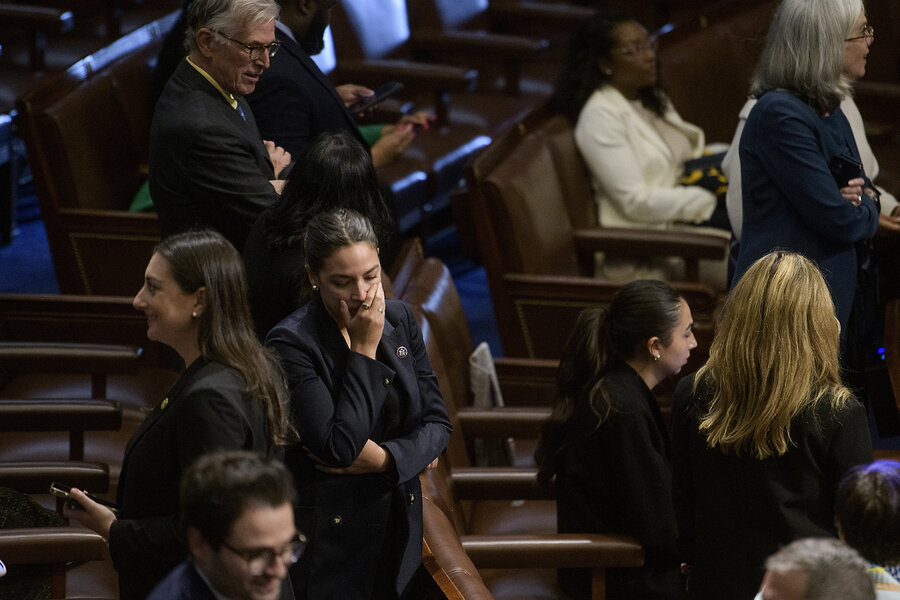Now Reading: Synthetic Cannabis: A Potential Breakthrough in Pain Management
-
01
Synthetic Cannabis: A Potential Breakthrough in Pain Management
Synthetic Cannabis: A Potential Breakthrough in Pain Management

### Quick Summary
– Scientists, including Indian-origin biophysicist Kaavya Krishna Kumar, are exploring the potential of synthetic cannabinoids to develop non-addictive pain relief alternatives to opioids.- The focus is on FUBINACA, an extremely potent synthetic cannabinoid originally developed by Pfizer in 2009 but later abandoned. FUBINACA has sence been associated with risky street drug variants like K2 and spice.
– Researchers have used advanced technologies like cryo-electron microscopy and computer simulations to modify FUBINACA into a new compound called VIP36,aimed at targeting CB1 receptors outside the brain while avoiding psychoactive effects.
– VIP36 has shown promising results in relieving chronic pain in rodents without causing tolerance or high-like experiences, though its potency was partially reduced during modification.- Human testing is pending due to challenges such as fewer peripheral CB1 receptors in humans compared to rodents and limitations requiring injection over oral use.
– The findings could revive scientific interest in cannabinoid-based medicines for addressing not only pain but also other conditions like heart disease or addiction disorders.


—
### Indian Opinion Analysis
The progress around VIP36 highlights advancing efforts toward safer alternatives for chronic pain management – an area especially relevant given India’s dual struggles with opioid misuse in some regions and unmet medical needs across others. Synthetic cannabinoids have long been contentious due to their association with harmful recreational abuse; however, breakthroughs like this signify a reframing of their medicinal utility under controlled research settings.
For India specifically, this research signals the importance of adopting frameworks that strike a balance between discouraging illicit use while fostering legitimate pharmaceutical innovation within India’s medical cannabis sector-a growing space internationally yet largely untapped domestically. Furthermore, as studies progress globally into broader applications beyond opioids (e.g., heart diseases), India could invest strategically in clinical trials or production infrastructure that positions it competitively within emerging pharmaceutical markets.
Read More: [National Geographic](https://www.nationalgeographic.com/health/article/pain-relief-synthetic-cannabis)


























